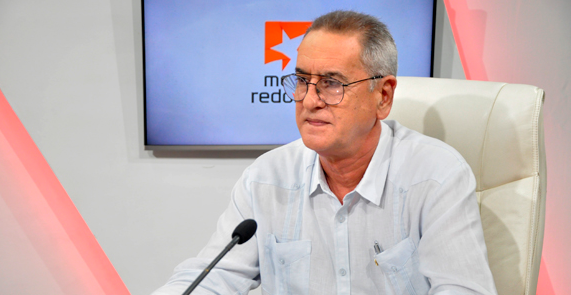
By Francisco Acevedo
HAVANA TIMES – This week the Cuban Parliament met and addressed the economic problems up to the end of 2023, with figures that are truly frightening.
I remind you that with former Economy Minister Alejandro Gil, all the reports were hopeful, the future was promising, the economy was going to rebound, etc., and that never happened.
Now I don’t know if they will finally come down to earth and in December make a grounded forecast for 2025 because what was discussed is not encouraging at all.
To begin with, the Gross Domestic Product (GDP), the fundamental macro indicator by which economies are measured in all nations, Cuba still does not even reach the numbers of 2019, before the pandemic.
According to the report presented to the legislators by the new Minister of Economy, Joaquin Alonso Vazquez, there is still a ten percent gap compared to that year, which, we might remember, also did not show encouraging figures.
Especially depressed are the sectors of the economy associated with primary activity (agriculture and livestock), with figures over 40 percent below 2019, meaning they practically need to double to match their previous state.
Vazquez assured that in the first half of the year, the country has received 88 percent of the foreign currency the government expected to earn, which translates to 222 million dollars less than anticipated. He also noted that it is “very difficult” to slow the inflation rate in Cuba, which is around 30 percent annually.
The government strategy to solve this gap is the same as always, which is almost never fulfilled. This time they add that they will rethink investment plans to only boost strategic projects for the country, meaning some already approved investments will remain shelved.
The new government adjustment plan is the second in just six months since last December when a package of measures was implemented that included retail fuel price increases of more tha


